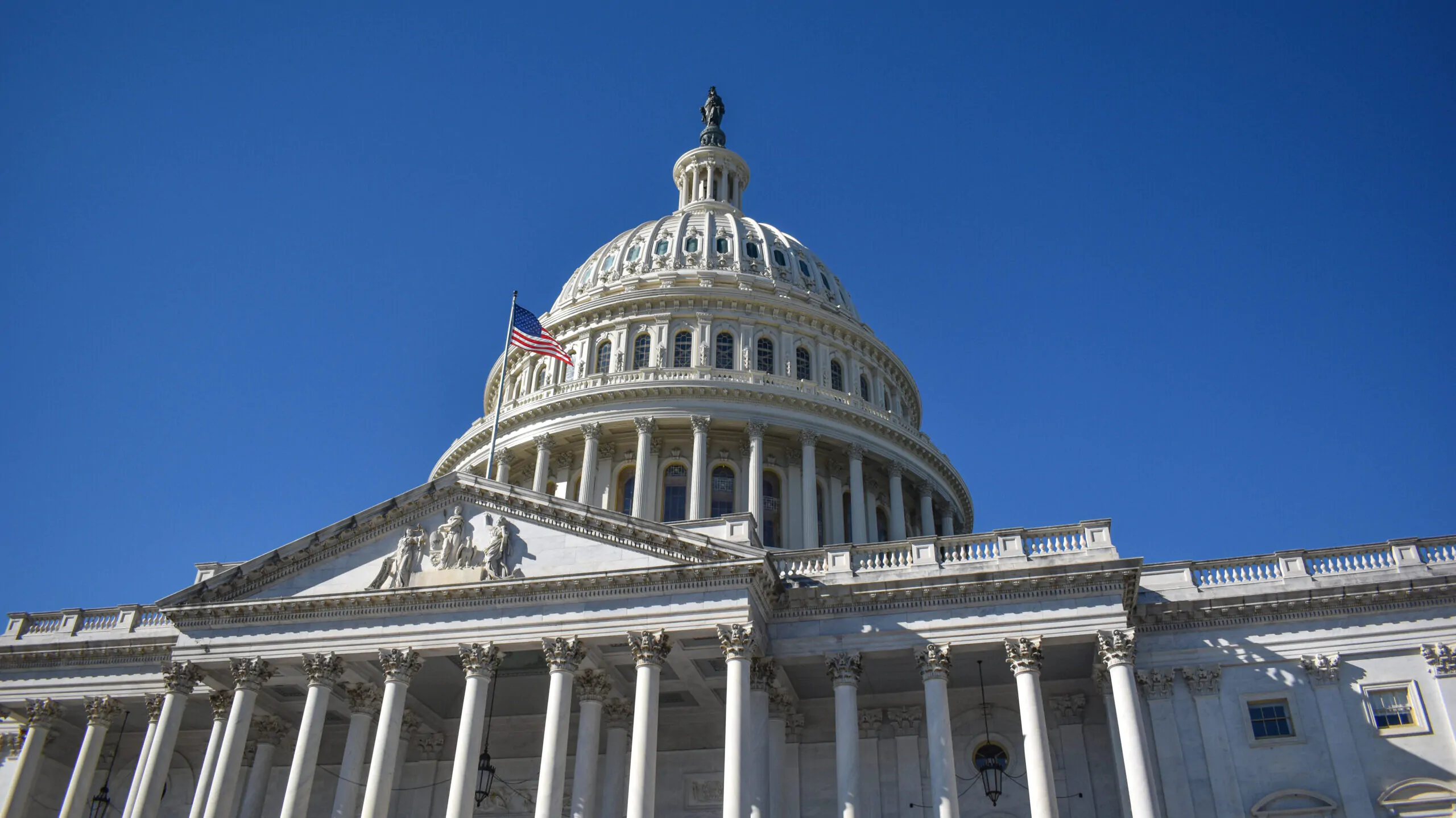There is plenty to like in the new reconciliation bill Congress just passed. It includes smart permitting reforms, much-needed regulatory relief, and tax provisions that will help working families and small businesses across Alabama. For conservatives, these are wins worth celebrating.
But for all the good it does, this bill leaves one of our most serious challenges untouched: the national debt. As a retired Army officer and someone who has spent decades in the security and technology space, I understand the value of smart policy—but I also know that long-term safety and stability require financial discipline.
According to several estimates, the legislation will add around $4 trillion to the debt over the next decade, or $5.5 trillion if temporary provisions are extended. Under current projections, our debt will climb to 127 percent of GDP by 2034. This is a real and growing threat to our economy, to future taxpayers, and to the very programs millions of Americans rely on.
Throughout the negotiations, many members of the House Freedom Caucus, including Alabama’s own Representative Gary Palmer, were clear about what fiscal responsibility looks like. They pushed for a one-to-one ratio of tax cuts to spending reductions, serious structural reforms, and a long-term path toward fiscal balance. That is the kind of leadership voters count on.
Unfortunately, that vision was diluted in the final package. And it is fair to ask why. Instead of lasting reform, the bill leans heavily on short-term provisions and budget gimmicks that could potentially mask its full cost. One example is the temporary expansion of the State and Local Tax (SALT) deduction, which disproportionately benefits high-tax states like New York and California. While marketed as middle-class relief, it allows some of the wealthiest taxpayers in those states to deduct more of their local tax burden, effectively shifting costs onto federal taxpayers in states like Alabama. And because it expires in five years, it is likely to be extended again, deepening the debt over time.
Of course, compromise is part of governing. But if we want to preserve long-term economic and national stability, deficit reduction cannot be left out of the conversation. Interest payments on the debt are rising fast, crowding out other national priorities and limiting our ability to respond to future crises. Alabama families do not budget this way. They live within their means, make tough choices, and think long-term.
There’s still time to get this right. Lawmakers should follow through on commonsense next steps, including reining in automatic spending increases, restoring a transparent and disciplined appropriations process, and advancing a bipartisan fiscal commission to confront the real drivers of debt.
Alabama’s lawmakers worked hard to strengthen this bill. They deserve credit. But it is also fair to acknowledge that the end result does not fully reflect conservative principles. This should be a moment for recommitment to those principles.
The wins from the reconciliation process are real. But so is the debt. If we are serious about building a stronger future, we cannot afford to treat that tradeoff as permanent.

















































